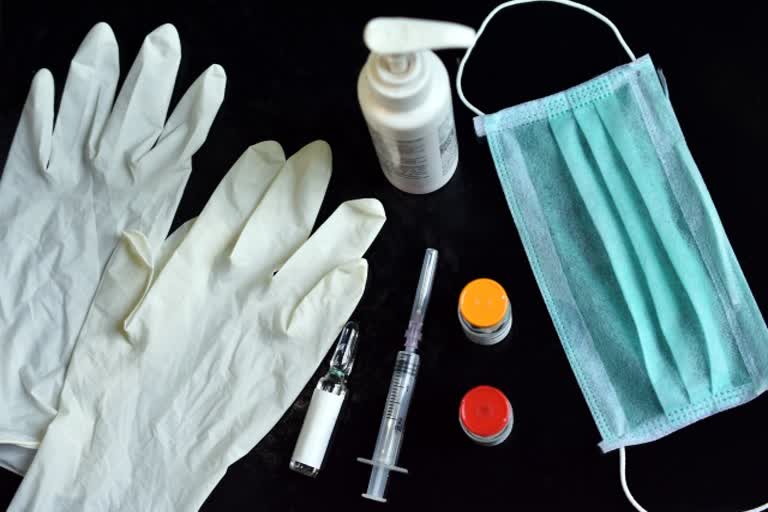The nationwide vaccination drive was rolled out on 16th January with healthcare workers getting inoculated while frontline workers began getting vaccinated from 2nd February. The second phase of the world's largest vaccination campaign commenced on 1st March for those who are over 60 years of age and for people aged 45 and above with specified co-morbid conditions. Now in a big boost to India's inoculation drive amid a surge in new COVID-19 cases, the Government has eased the age limit on vaccination, allowing all those above 45 years in age to get the dose from 1st April.
ETV Bharat Sukhibhava spoke to Swaroop Panda, A Pharma Strategic Consultant, for more insights on the same.
By now it is well understood that both Covaxin and Covishield are effective at preventing COVID-19 disease, especially severe illness and death but we’re still learning how effective the vaccines are against variants of the virus that causes COVID-19. Early data show the vaccines may work against some variants but could be less effective against others. So being vaccinated does not mean that we can throw caution to the wind and put ourselves and others at risk, particularly because it is still not clear the degree to which the vaccines can protect not only against disease but also against infection and transmission and for how long the vaccines will be effective. Being Vaccinated means you have sharply reduced your risk of getting really sick from the coronavirus but still, you carry the chances of getting infected by COVID-19 or spreading the disease even after getting the jab.
Also Read: COVID Vax In 3rd Trimester Can Transfer Antibodies To Baby.
Many people presume that getting the jab marks the beginning of a no-masks-needed COVID world. That's not true, and perhaps could be one of the biggest mistakes a vaccinated person could make. While you may be protected, we still need to make sure that we’re still protecting all of those around us who may or may not have been vaccinated yet. For example, let's say you've been vaccinated and you encounter SARS-CoV-2. You're much less likely to develop symptoms — that's clear. But your immune system may not fight off the virus completely — it might allow some viruses to survive and reproduce and get expelled from your nose or mouth in a breath, cough, or sneeze. Remember: No one can be sure yet if this actually happens or if it happens often enough that you'd be emitting enough active virus to sicken someone else. So, it is still mandatory to continue wearing masks and practice hygiene protocols even after getting vaccinated.
Till the time we achieve community-level immunity, i.e. when a sizeable part of India gets the vaccine, masks shall still be needed to safeguard ourselves. Doctors are still trying to determine if someone who’s been vaccinated can carry and pass the virus to somebody who’s unvaccinated – so, precautions are still necessary. Virus variants are another reason to continue COVID safety measures, just in case a variant emerges, that isn’t covered by the vaccine.
Therefore, even after taking the vaccine, the standard precautions will apply. That means steering clear of crowds, continuing to wear a good mask in public, maintaining 6 feet or more of distance from people outside your household and frequently washing your hands, and usage of hand sanitizers.
Swaroop is currently engaged in the project of creating value to key customers through the Differentiated Customer Career Journey model which is being implemented in Japan and APEC countries



